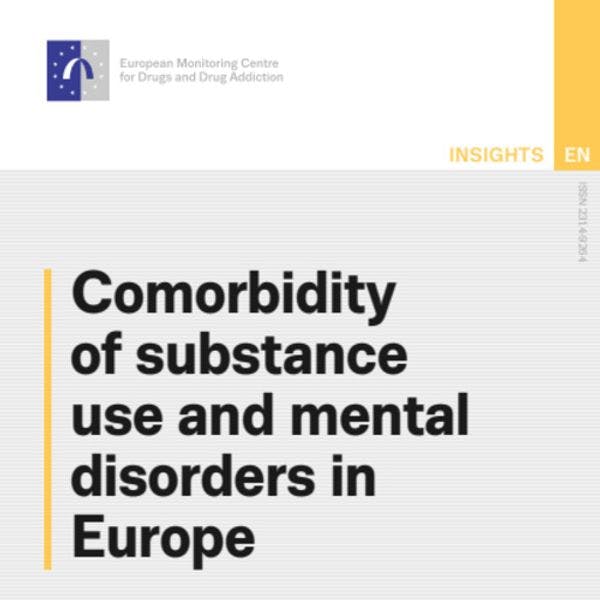Comorbidité de l'usage des substances et des troubles mentaux en Europe
Cette publication de l'OEDT se penche sur la concomitance des problèmes de consommation de drogues et les troubles de santé mentale, avec une analyse théorique de la comorbidité psychiatrique, les outils de diagnostic clinique, ainsi que la prévalence et la pertinence clinique du problème en Europe. Pour en savoir plus, en anglais, veuillez lire les informations ci-dessous.
Abonnez-vous à l'Alerte mensuelle de l'IDPC pour recevoir des informations relatives à la politique des drogues.
The association of harmful forms of illicit drug use with serious public health problems is a key issue for national and international drug policy. There are many negative health consequences associated with drug consumption, with the prevention both of deaths related to overdoses and drug-related blood-borne infections being issues of particular concern. In recent decades, there has also, however, been a growing recognition that the presence of psychiatric disorders associated with substance use represents a major challenge for public health responses in this area. The European Monitoring Centre for Drugs and Drug Addiction (EMCDDA) refers to ‘comorbidity/dual diagnosis’ as the ‘temporal coexistence of two or more psychiatric disorders as defined by the International Classification of Diseases, one of which is problematic substance use’ (EMCDDA, 2004). For the purposes of this report, however, we will use the terms ‘comorbidity of substance use and mental disorders’ and ‘psychiatric comorbidity in substance use disorders’ interchangeably. While the mandate of the EMCDDA firmly sets the focus of the agency on illicit drugs, in this study, because of the nature of the evidence base, the more general term of ‘substance’ will be used to refer to any psychoactive substance that may be used harmfully.
The relevance of the comorbidity of substance use and mental disorders is related not only to its high prevalence but also to its difficult management and its association with poor outcomes for the subjects affected. In comparison with subjects with a single disorder, patients with comorbid mental disorders and substance use disorders show a higher psychopathological severity,increased rates of risky behaviour, which can lead to infection with diseases such as HIV/AIDS and hepatitis C, psychosocial impairments and criminal behaviour. Taking into account the burden on health and legal systems, psychiatric comorbidity among subjects with substance use disorders leads to high costs for society.
To address such a broad and complex subject, this report aims to review the theoretical background and historical development of the concept of psychiatric comorbidity in subjects with substance use disorders, and to provide an overview of its epidemiology and treatment in the European, primarily EU, context. The focus of this report is on illicit drugs and, therefore, alcohol, tobacco and prescription drugs fall outside its scope. Nevertheless, alcohol and tobacco are mentioned in the report when necessary.
Keep up-to-date with drug policy developments by subscribing to the IDPC Monthly Alert.
